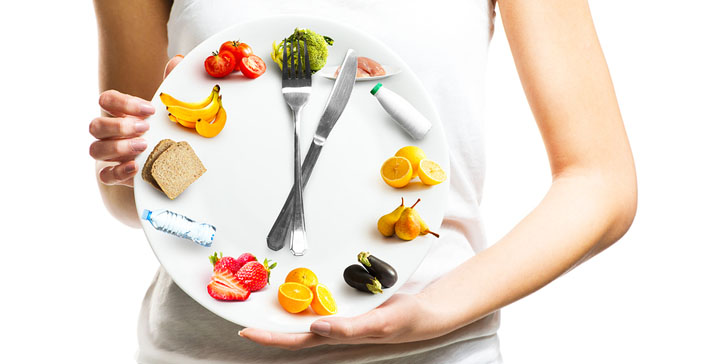If you’re on a mission to lose weight, making changes in your diet is a must. No amount of exercising can make up for an unhealthy diet. Although there is no shortage of weight loss diets advertised today, at the end of the day, it all comes down to how much food you’re eating compared to how many calories you burn on a daily basis.
Even with medical intervention for weight loss, a nutrition overhaul is essential. But what are the best foods to eat to lose weight and keep it off?
Many weight loss diets focus on cutting calories by eliminating fat from your diet. While it may seem counter-intuitive, you shouldn’t exclude all fats from your diet. In fact, the most sustainable, healthy way of eating always includes dietary fats, regardless of your weight and fitness goals.
Dietary fats can be a healthy food for weight loss as they provide key health benefits to aid in weight loss. They give energy, help with nutrient absorption and improve brain and nerve function. Consuming a moderate amount of healthy fat can also help you feel more full after eating, reducing your overall caloric intake throughout the day. Some fats are even considered essential nutrients that we are only able to get through the foods we eat.
Good fats vs. bad fats
To maximize the benefit of fats in your diet, it’s important to be sure you are eating the right kinds of fat and healthy foods for weight loss. Unsaturated fats are typically considered “healthy” fats compared to saturated fats, which are often added to processed or fried foods and may increase your risk of heart disease and stroke. Unsaturated fats, including omega-3 and omega-6 fatty acids, can be found in nuts, seeds, olive oil, avocado and oily fish, such as salmon, herring, mackerel and trout.
Another type of fat you’ve probably heard of is trans fat, which is most commonly artificially produced from partially hydrogenated oil. Trans fats should also be avoided as eating even a small amount of trans fat regularly can increase your risk of health problems, including heart disease and stroke. Thankfully, the Food and Drug Administration recognizes the potential dangers of trans fat and the U.S. government has enacted a ban on artificial trans fats, making it easier for Americans to keep this unhealthy fat out of their diets. It is important to note, however, that trans fat does occur naturally in small amounts in milk and meat products.
How to include fat in your weight loss diet
Eating healthy fat requires a conscious effort to make changes in your daily habits, whether you are cooking at home or eating out. Here are a few tips to help you include more healthy fat in your weight loss diet.
- Avoid fried or processed foods, including pre-packaged foods that contain more sugar and saturated fats than fresh foods.
- Cook and bake with liquid oils like olive oil, and use less solid fats.
- Prepare meals from scratch to limit saturated fats, trans fat and sugar.
- Add flavor with nut oil or sesame oil.
- Eat less red meat and more chicken and fish. When you do eat red meat, choose lean cuts.
- Drizzle vegetables with olive, nut or seed oils rather than butter.
- Enjoy your salad with oil or yogurt-based dressing rather than cream or cheese-based dressing.
- Consume fewer fried snacks, sweet desserts and ready-made pastries and choose yogurt, fruit, popcorn, nuts and seeds for a healthy snack instead.
- When eating out, choose grilled, roasted, poached or sauteéd foods over foods that are deep-fried.
- Order salads topped with nuts or seeds instead of cheese. Opt for oil-based dressing on the side.
- Choose veggies or salad for a side rather than cheese, French fries or other fried foods.
Keep in mind that it is possible to eat too many healthy fats, which could then derail your weight loss goals. Even healthy fats are higher in calories, and consuming more calories than you are able to burn will only lead to weight gain. As a general rule of thumb, keep saturated fats to less than 10 percent of your daily calorie intake and get 25 to 35 percent of your daily calories from healthy fat sources. For a more personalized recommendation to help you achieve your weight loss goals, schedule an appointment with a registered nutritionist or dietitian who can tailor the recommendation to fit your needs.
If maintaining a healthy weight through diet and exercise alone has been a struggle for you, now may be the time to seek help from an experienced weight loss doctor. The weight loss doctors at First Baptist Medical Center can evaluate your health and habits and make a recommendation about which medical interventions might be best to help you achieve a healthy weight. Contact First Baptist Medical Center today to learn more.





